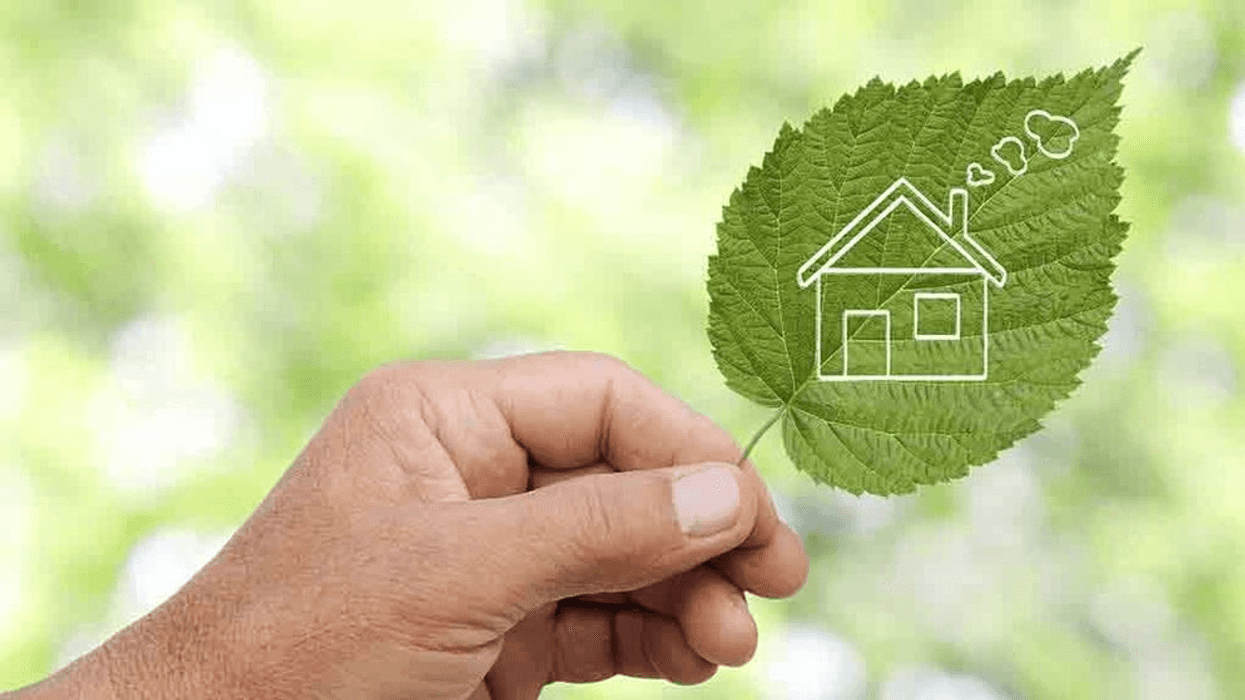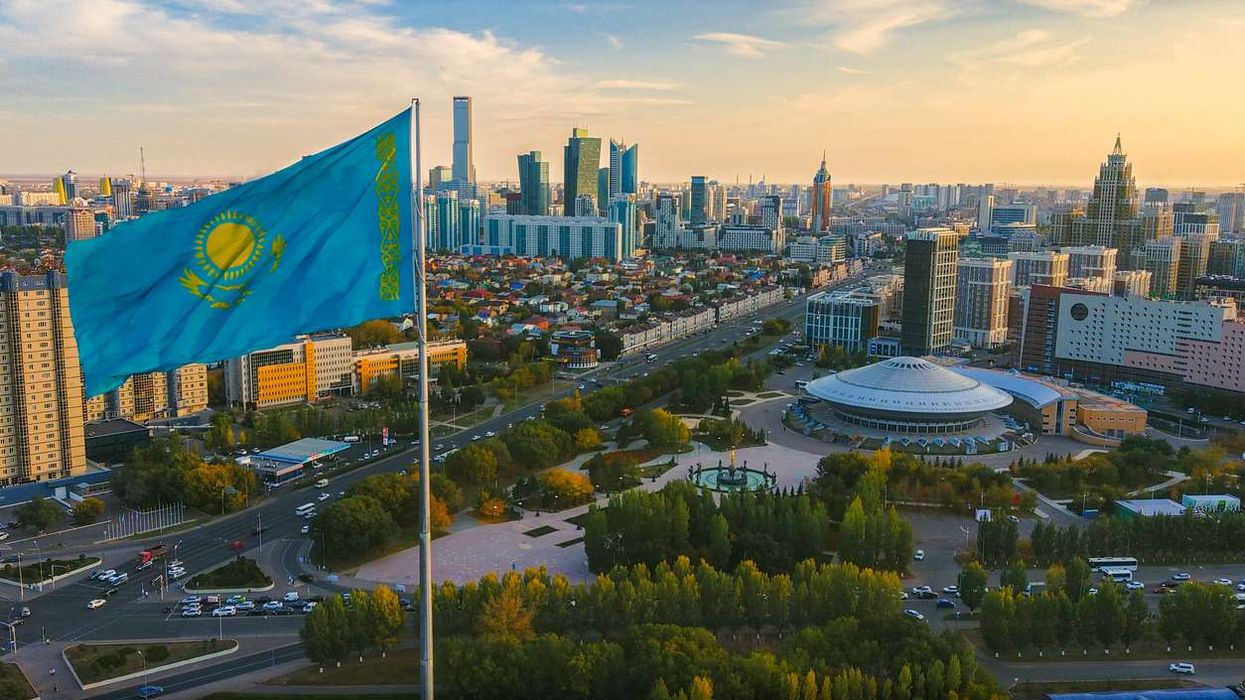Highlights
- VPN downloads in the UK have soared after new age checks were introduced on adult content platforms.
- Adults, not teenagers, are leading the surge to avoid sharing personal data and ID online.
- Proton VPN saw an 1,800% rise in UK sign-ups; NordVPN also reported a tenfold increase in purchases.
- Experts and users say the new law is easily bypassed and risks eroding digital privacy.
- A petition to repeal the Online Safety Act has passed 280,000 signatures in a week.
Adults turn to VPNs as new rules kick in
VPN services have jumped to the top of app store charts in the UK following the enforcement of new age verification rules for online pornography. The surge is being driven not by underage users but by adults unwilling to hand over ID to access legal adult content.
The Online Safety Act, enforced from last Friday, requires platforms to introduce age checks to keep children away from harmful material. Sites offering pornography, as well as apps like X, Reddit and TikTok, have added new checks for UK users to comply with the law.
But the reaction has been swift. VPNs, which let users disguise their location and bypass country-specific restrictions, now dominate the list of most downloaded apps. Proton VPN became the top free app on Apple’s UK store over the weekend, overtaking ChatGPT. It reported an 1,800% increase in daily sign-ups. NordVPN said UK sales had risen by 1,000%.
Privacy backlash over ID-based restrictions
Proton, based in Switzerland, said it usually sees such sharp spikes in countries facing political unrest. “This shows that adults are concerned about the impact of universal age verification laws on their privacy,” the company said.
UK tech entrepreneur Anthony Rose, one of the creators of BBC iPlayer, criticised the move. “It takes less than five minutes to install a VPN,” he said. “Any time a government introduces legislation like this, you just turn it on and outwit them.”
Many users are worried about handing over identity documents to access private content. Cybersecurity experts have warned that while VPNs can protect anonymity, some providers may misuse user data, making trusted services essential.
Mounting criticism and political pressure
The UK is among the first democratic countries to bring in such strict digital content rules. Online platforms face fines of up to £18 million or 10 per cent of global turnover if they fail to comply.
A petition calling for the repeal of the Online Safety Act has now passed 280,000 signatures, with most coming in the past few days. The total is well above the 100,000 mark needed for Parliament to consider the issue for debate.
Ofcom, which began enforcing the rules this weekend, said age checks are “not a silver bullet” but are needed to reduce the chance of children stumbling upon harmful material. However, its own director of online safety, Oliver Griffiths, acknowledged that “determined teenagers” could find ways around the system.
The Department for Science, Innovation and Technology said platforms must now actively stop children from bypassing the system, including blocking content that promotes VPN use.
Still, the wider public response suggests a deeper concern: that a law designed to protect children could end up compromising everyone’s digital freedom.





